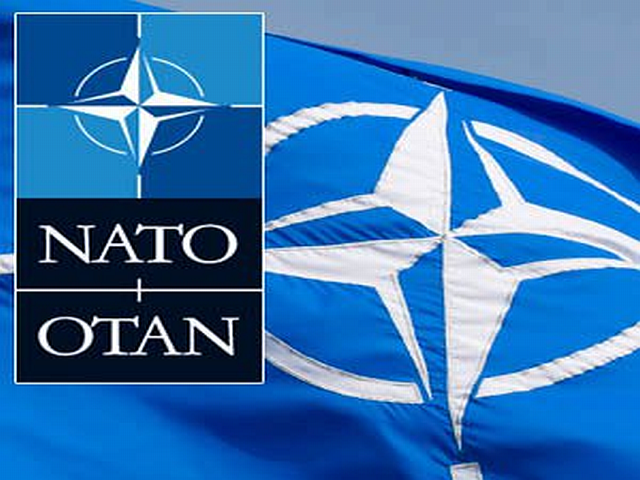EU-NATO Military Cooperation
Improving collaboration with NATO is one of the pillars of the comprehensive EU defense package.

Corina Cristea, 24.03.2017, 13:38
Improving collaboration with NATO is one of the pillars of the comprehensive EU defense package. In this context, the European Commission last year proposed creating a European defense fund, boosting investment in defense research, as well as consolidating the domestic defense market. European and NATO leaders have already approved 40 concrete proposals, from cyber security to maritime defense. Recently, EU foreign and defense ministers announced they offer their support for consolidating EU security and defense. This consolidation is supposed to be achieved through better cooperation in planning defense, as established at the September 2016 summit in Bratislava. The new efforts led to the decision to create a center for planning and coordinating military missions that do not have an executive nature. At this point, the EU has three such missions: in Somalia, Central Africa, and Mali. The main aim is to improve the ability to react by consolidating collaboration with NATO.
After the security conference in Munich, EU states seem more and more inclined to form an army as a pillar of the Atlantic alliance, as a foundation for NATO, as military analyst Alexandru Grumaz told Radio Romania: “Europe has to build this pilot army around this pillar of cohesion that is NATO. We can form a European army if we have this pilot army around. We have to accept the fact that the series of crises and conflicts in Europe’s close vicinity is the new normal. Immigration or the situation in Ukraine have become the new normal, along with everything that happens in close vicinity. The states neighboring the EU in the east, the ones that have association accords with the EU, have gradually lost their motivation, such as Moldova and Ukraine, because the benefits promised to these states have not materialised.”
NATO Secretary General Jens Stoltenberg hailed the efforts made by Europe in terms of defense, and, after several years of budget cuts, member states have understood the fact that they have to increase their budgets dedicated to defense. Romania has been a member of NATO since 2004, and is among the states that are boosting their defense budget, which has reached this year 2% of the GDP. In the meantime, Romania has modernized several shooting ranges. At the same time, Romanian soldiers are attending various military drills abroad too. In the last two years, NATO and Romania have run the most extensive military drills since the end of the Cold War.
Liviu Muresan, executive president of the Eurisc Foundation, spoke to us about the issue of domestic and foreign security: “The new approach to defense and security that Romania has is very complex, and it involves not only discussions at the level of the authorities, but also more dialog. More dialogue is also needed with the private sector, and I am referring to the defense industry, the entities that are able to perform up to the level required by acquisition programs. At the same time, a discussion of principle regarding the Romanian Army in 2017 has to take place. Let us not forget that there have been things happening in the past few weeks, and will happen in the immediate future, in terms of clarifying relations between the big actors. The new Trump administration is in a process of clarifying its relation with Russia. And, depending on this clarification, most likely these relations will be reset, including at the NATO level. At the same time, we have to understand that these clarifications of the positions are not definitive. The big powers are rearranging the chessboard, depending on the other sides vulnerabilities or weaknesses.”
According to Liviu Muresan, we have to focus on Romania, as well as NATO and the EU, without losing sight of Russia.






























